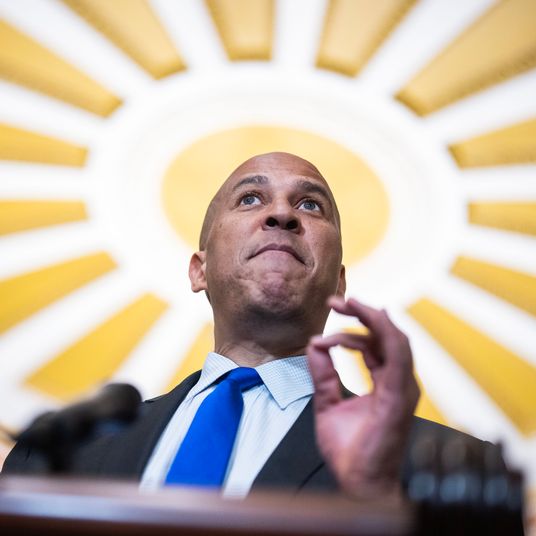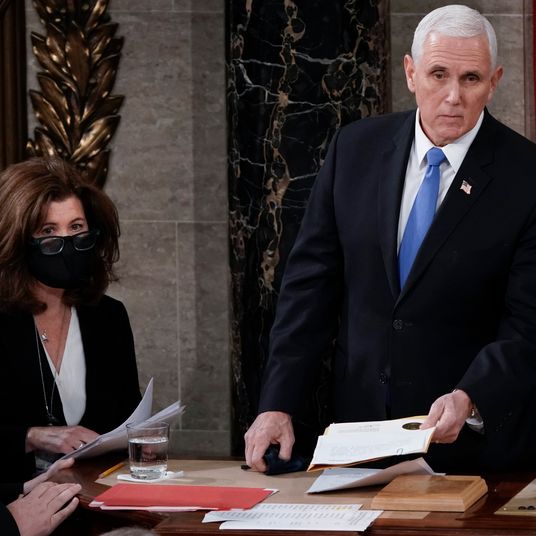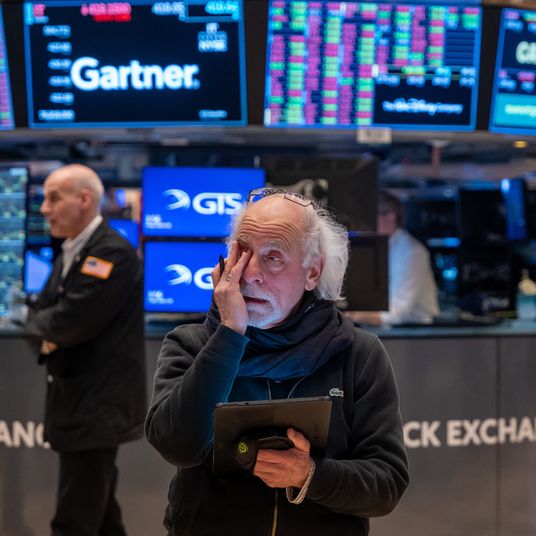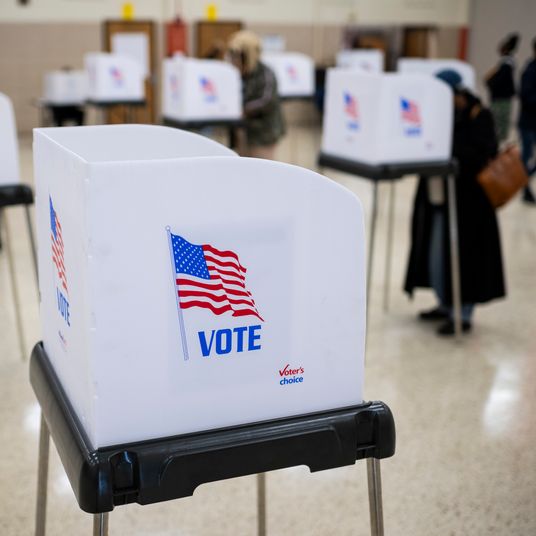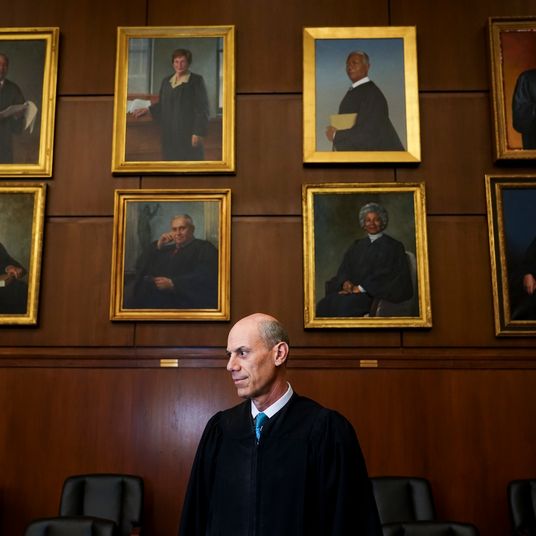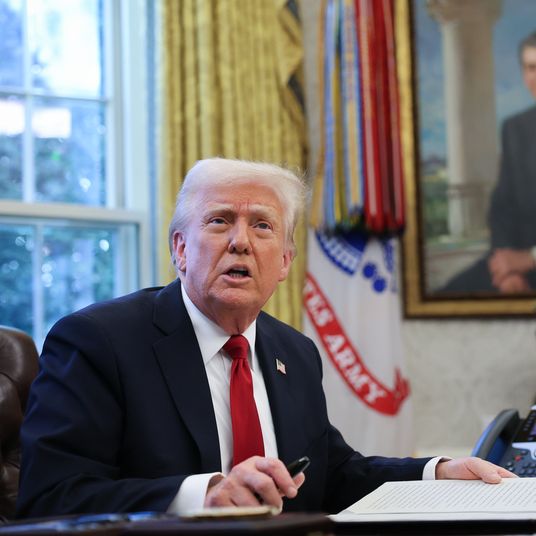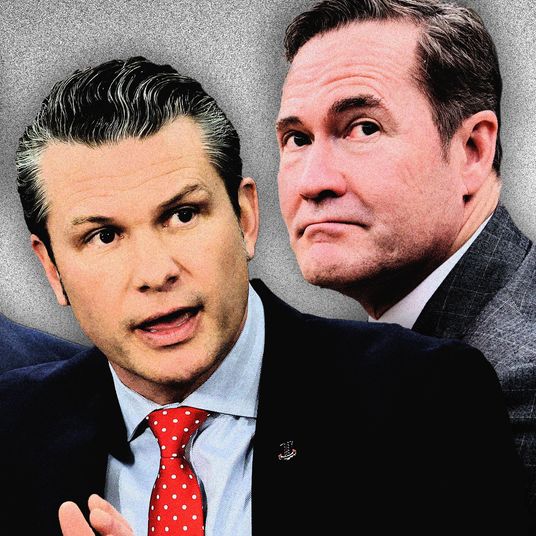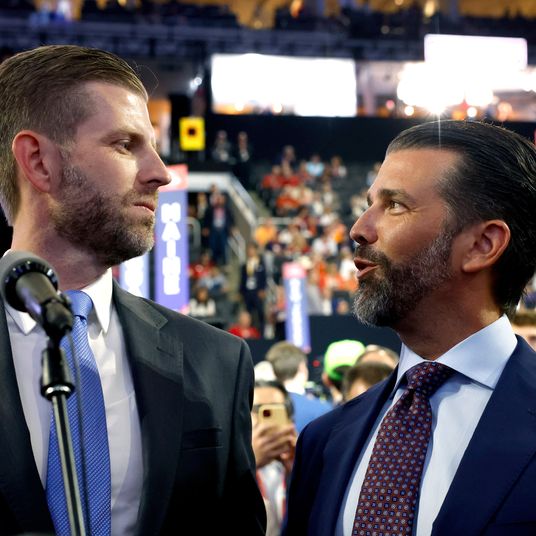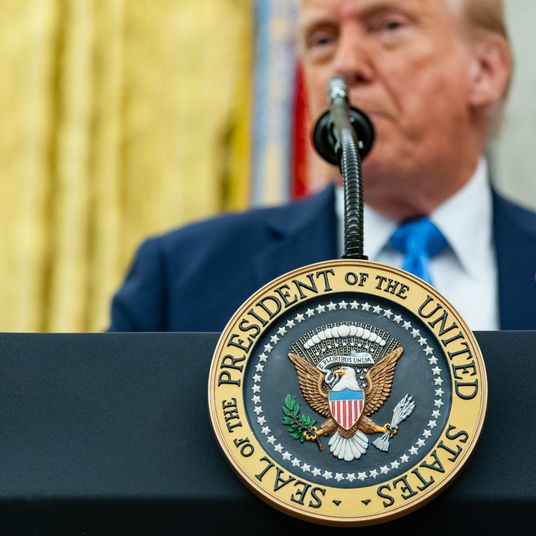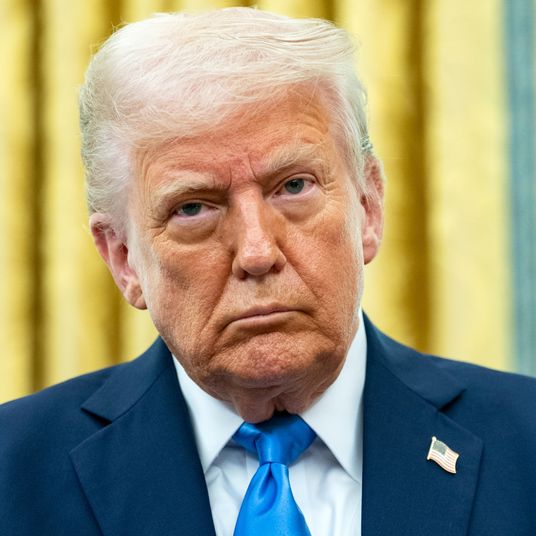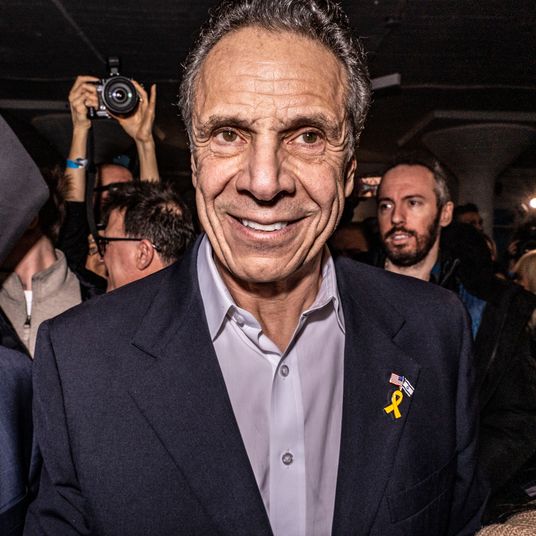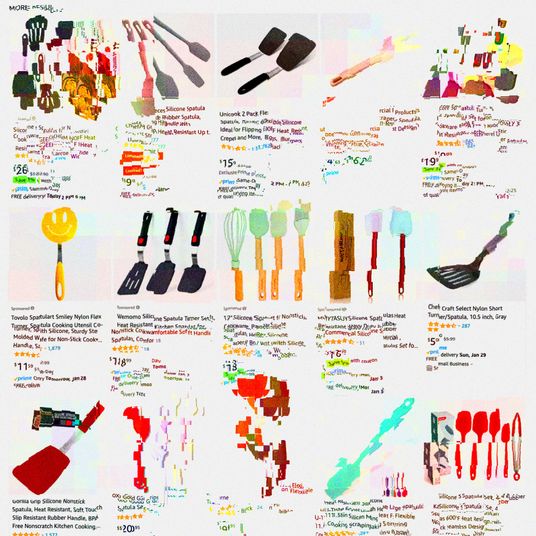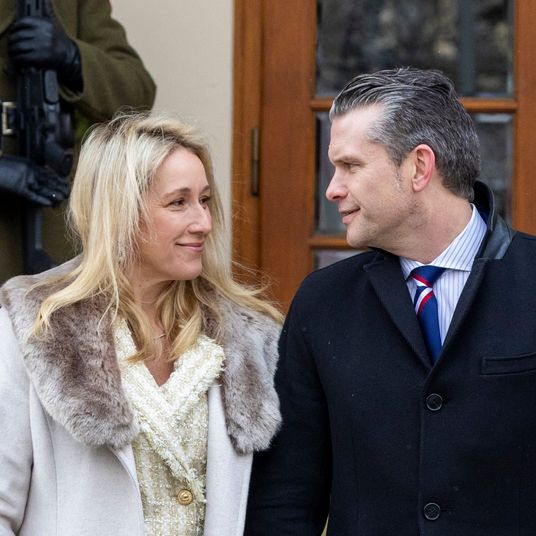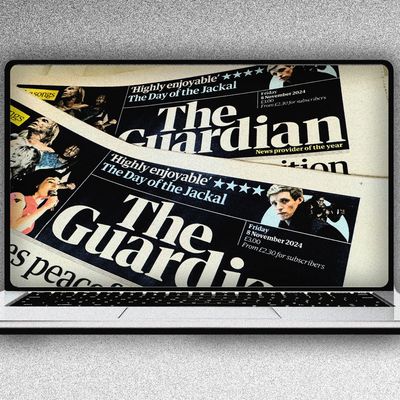
There was a time in media when having a billionaire owner was an asset. For many outlets, this is still the case, particularly those publishing super-secretive group chats of powerful government officials who seem eager to trample on the rights of the press. But for others, like the Washington Post and the Los Angeles Times, both of which have seen their benefactors bend a knee to Donald Trump and sacrifice the integrity of their newspapers in the process, ownership has become a problem. A problem that the Guardian US, the American arm of the British newspaper, has exploited.
“All around us, media organizations have begun to capitulate,” editor Betsy Reed writes in the current fundraising appeal at the bottom of each Guardian article. “The Guardian has neither a self-interested billionaire owner nor profit-seeking corporate henchmen pressuring us to appease the rich and powerful. With the new administration boasting about its desire to punish journalists, and Trump and his allies already pursuing lawsuits against newspapers whose stories they don’t like, it has never been more urgent, or more perilous, to pursue fair, accurate reporting. Can you support The Guardian today?”
The asks themselves are not new. The Guardian for the past eight years has asked readers to donate in support of its journalism, a “reader revenue” program that helps the paper exist without a paywall. But the appeals have gotten more strident — and more Trump-focused — since the Post and the L.A. Times withdrew expected endorsements for Kamala Harris last fall, and to great effect. The last week in February was the second-biggest week in U.S. reader-revenue history for The Guardian; the biggest was the week of the 2024 presidential election.
The Guardian US expects to hit $44 million in voluntary reader donations in the U.S. and Canada this year, up 33 percent over last year, with some people supporting on a recurring basis and others giving one-time contributions. A first-person account by a Canadian citizen detained by ICE, for example, netted $105,000 in pledged donations. These contributions account for more than 60 percent of the American operation’s total revenue, which last year exceeded costs by $16 million (the rest of its revenue comes from advertising and philanthropic support from foundations). The amount that people are contributing on a pledged basis doubled in October — the month that Jeff Bezos pulled the Post’s endorsement for Harris — and has stayed at that level every month since, according to internal data provided by The Guardian, which just surpassed 350,000 recurring supporters in the U.S.
“Our messaging does appeal to people to support our work as a kind of cause, and I think that works for a number of reasons,” Reed said in a recent interview in her downtown office, “but one is that there is a real crisis of access to reliable information for people who don’t want or have the means to subscribe to the New York Times. That is a real problem that we have an answer to.”
Guardian managing director Steve Sachs added that The Guardian’s global perspective — the internal catchphrase of the U.S. operation is that it covers America for the world and the world for America — is also a draw at such a volatile moment in geopolitics. “People are even more interested now than they were six months ago,” he said. The Guardian US’ audience is split 50-50 between American and global readers.
The Guardian launched its U.S. operation more than a decade ago and seemed to have a promising start, hiring high-profile columnists like Michael Wolff and Glenn Greenwald and winning a Pulitzer for reporting on widespread secret surveillance by the National Security Agency. But as the Obama era gave way to the Trump era, the close association of the Guardian US with surveillance-state reporting made it less relevant to American readers. Annual losses led to restructuring that hit the U.S. operation, once housed in an airy Soho loft, particularly hard.
But during the pandemic, the Guardian US, like other news outlets, experienced a surge in reader interest, readying it for an expansion in 2022 that included hiring Reed, formerly of The Nation and the Intercept, and Sachs, who’d spent years on the business side of Time Inc. The audience has continued to grow, with Sachs noting that the site typically sees between 40 million to 50 million unique visitors a month. “We’re now at a place where our audience is actually bigger in the U.S. than The Wall Street Journal’s audience in the U.S.,” he said.
Leaders and organizations across the media industry have been trying to innovate in the way people can pay for news. Sachs says he’s been increasingly asked about the no-paywall model, with others in the industry wondering whether they should adopt the same. “If you’re creative enough, you can figure out some new things,” he tells people. “But the question is, does it scale?” If it’s “another half-million dollars, a million dollars, whatever, it’s not worth the effort,” he said. Other publications that were donations-focused, including Vox.com (which is owned by the same parent company as New York), have moved away to membership models as a result. “The reason I think that it works for us is we cover so much breaking news and it drives a lot of traffic, and we have the scale to make it work,” Reed said. “Even if we only monetize one percent, it’s still a lot.” Still, even scaled-up publications like the Guardian US have to contend with the fact that donations are very boom-and-bust.
Despite The Guardian’s strident anti-Trump fundraising pushes, its broader audience is less partisan, as is the tone of its news coverage. It’s a weird line to straddle. “The appeals that you see at the bottom of articles are really framed around issues of press freedom and our identity and our structure of ownership,” Reed said. “They are not appeals that say, ‘Trump is bad, you need to support The Guardian, we are against Trump.’” Maybe not explicitly. But they are clearly benefitting from this moment and using the new money to hire, with expectations to continue growing its staff in the U.S. this year.
The big question is: Will it last? “I mean, unfortunately, there’s no shortage of global crises going on, from what’s happening in the Middle East to Ukraine to what’s happening in this country,” Reed said. “The world is incredibly interested in the shitshow here. God, it’s like they’re rubbernecking at a car crash.”
More From This Series
- The New Substack Universe
- MSNBC’s Post–Joy Reid, Post-NBC Future Is Kind of Bright?
- How Trump Is Dividing and Conquering the White House Press Corps




